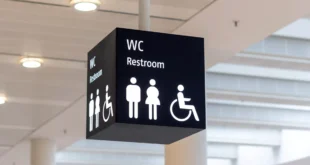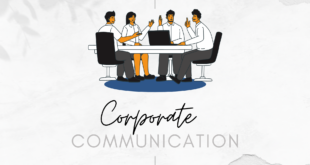Understanding the benefits of cannabis for your health can be difficult without the help of an experienced professional. This article educates on what conditions are helped by using this herb legally in states where medicinal marijuana use has been legalized, but there’s more than just that! There are also many other factors at play here: What do you want our life to look like? Do certain aspects stress or bother you daily while others don’t seem so bad.
Let’s look into the most common pros and cons to having a Missouri medical marijuanas card:
Pros:
1. Legal Protection:

You may think that your job, family or social life will suffer should you get a marijuana card. But the truth of the matter is- in some states with only legal medical pot such as Colorado where it’s been decriminalized and even fully legalized- an MMJ Card can make all the difference!
2. Lower costs
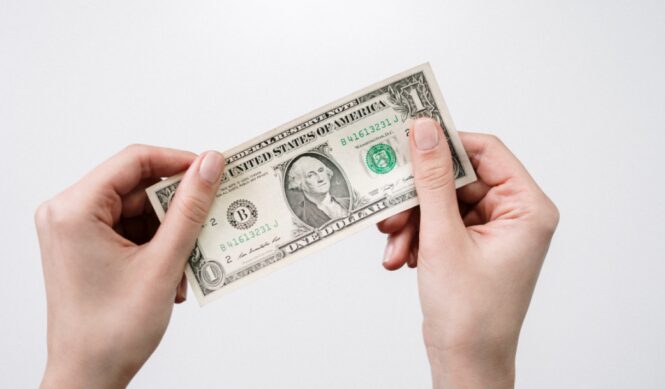
With so many states legalizing cannabis for medicinal purposes and some offering tax breaks to MMJ cardholders, it’s no wonder that this could save you a lot of money.
This is an extremely important benefit because individuals who need the plant can occasionally live-in genuine needs which should be met with care by their respective government bodies – especially when those governments are footing part or all costs associated with medical treatment!
But what if your state isn’t recreationally legal? Have no fear: there will always be other ways around paying taxes on weed-related products such as selling at home parties where excise duties aren’t applicable thanks again to federal law. Need more information? You can always visit 420id for more information.
Imagine how much it would cost to purchase a drug that is not covered by your insurance. Epidiolex, the first marijuana-based medication ever approved by US federal authorities and currently available on pharmacy shelves nationwide costs over $2500 per month. With an MMJ card you can go out there in search of weed at dispensaries around town for less than half this price!
While we don’t know what strain might show up when purchasing from these shops so buyer beware but if they offer it too then make sure it’s piled before taking any medications made with cannabis plants or extracts derived directly off them – even those which have been purified through biological processes such as solvent extraction without using boiling temperatures (which destroys important chemical components).
3. Higher Potency And Limits For Intake
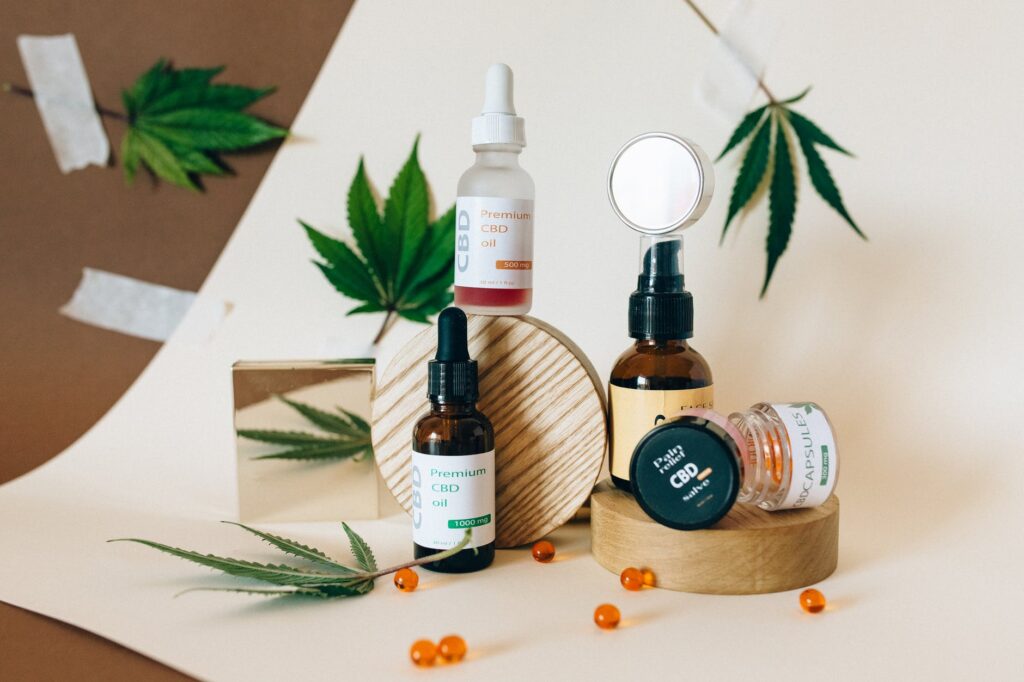
Medical users know that the dosage is extremely important when it comes to cannabis; and as such, medical dispensaries are usually allowed to sell stronger cannabinoids.
You can purchase more of them with your MMJ card than what you would be able to at a recreational dispensary because they’re typically much higher in potency (and this also means less risk for side effects). In California alone, people buying cannabinoid medicine on their cards get 2g per session while those without one only get 1000mg each time–a significant difference!
4. Higher Marijuana Possession Limits For Card Holders
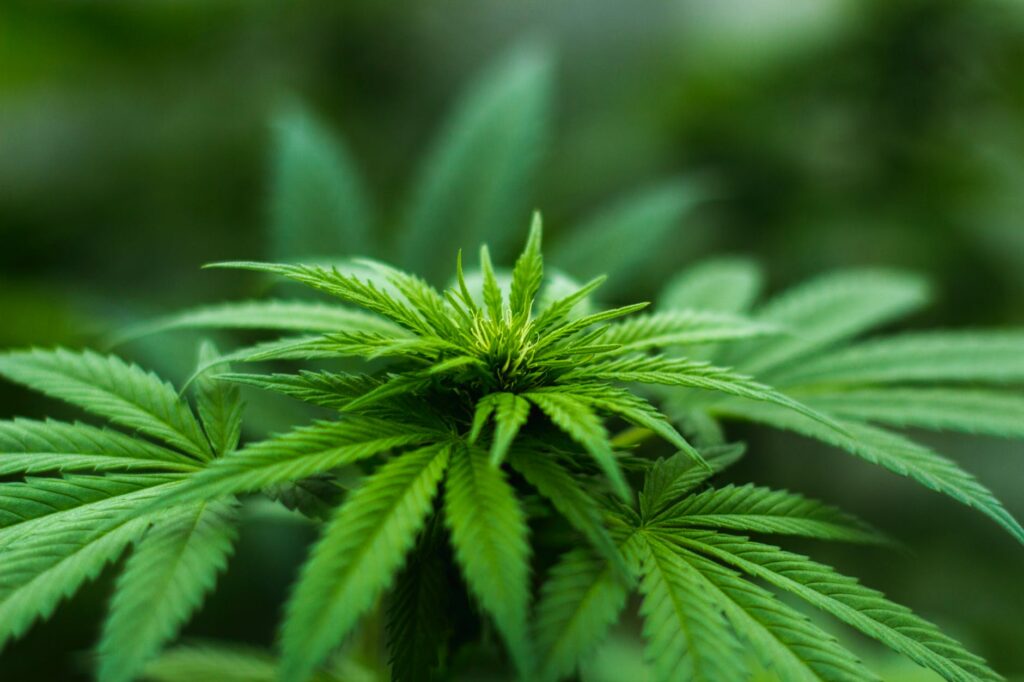
Medical marijuana patients in California can carry up to 8 ounces of cannabis on their person, compared with one ounce for recreational users. In addition, there is no age limit on MMJ cardholders so long as they are over 21 years old at the time application was submitted and seen by a healthcare professional who recommended them becoming certified with medical weed recommendation letter format online legally because it’s benefits outweighs risks associated.
All states where recreational use is legal require that customers be at least 21 years old. In certain medical states, you only need to present your MMJ card once you’re 18-20 and can have cannabis prescribed for a specific condition. Minors are also able to obtain marijuana through the medicinal program with assistance from an approved caregiver–this could mean someone close by such as parents or even guardians!
Cons
1. Firearm Ownership

The Second Amendment guarantees citizens the right to bear arms, but in certain states it’s difficult for MMJ users and law enforcement. The ATF has decided they are not allowed under federal law even if some don’t agree with this decision as there have been more benefits than drawbacks from medical marijuana use outside of a negative stigma attached.
The Honolulu government went on an unfortunate quest that ended up being doomed when trying to get those holders out surrendering their weapons alongside also forbidding future purchases- two things no one wants!
2. Commercial Drivers License

The Department of Transportation has strict guidelines about the use of medical marijuana. In other words, if an employee tests positive for THC in their system and produces evidence that they are authorized to work while under its effects (e.g., via state-issued identification), then it won’t be enough to save them from getting fired — even though alcohol or opioids may prove more acceptable than weed when we’re talking about safety concerns on roadways!
The Federal Employee Safety Alliance strongly advises against consuming cannabis near any machinery because even traces can make things worse: machines stop working properly due to pressure changes whereas people don’t care as much since.
3. Government Job

The Federal Government has a strict zero-tolerance policy on cannabis use, which is why it can cost you your job even in states where medical marijuana is legal. In 2017 the US Department of Transportation clarified that employees with any amount of THC could not work while still undergoing treatment or as long they had tested positive for drugs – this includes both medicinal forms like Rick Simpson Oil (RSO) and recreational ones such as joints/buds smoked after working hours.
4. Card Renewal
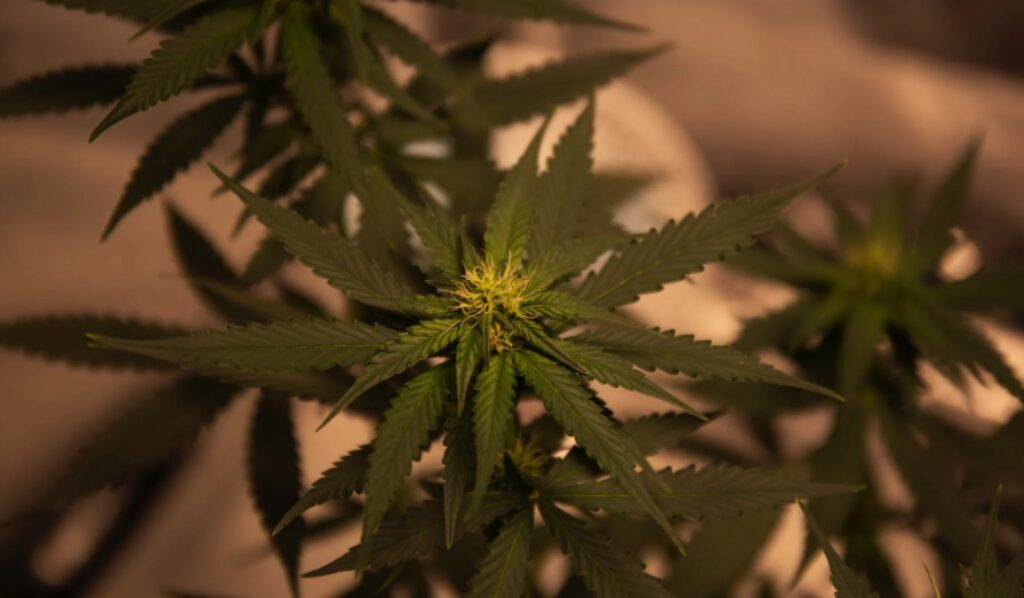
MMJ cards are a good way to save money. The annual fee is $50 and it could help you avoid thousands of dollars in the long-term if used often enough! But it is quite an annoying thing to do every year and pay for it separately when you’re buying medicines separately.
Cards have an easy renewal process, but there’s always going to be that one difficult person who doesn’t want their purchase record publicized.
Additional Pro: Access to Medical Guidance
One significant advantage of holding a medical marijuana card, not explicitly covered in the article, is the access it provides to valuable medical guidance. In states where medicinal cannabis is legal, cardholders often have the opportunity to consult with qualified medical professionals who specialize in cannabis-based treatments. These professionals can offer personalized advice on selecting the most suitable strains, consumption methods, and dosages tailored to a patient’s specific medical condition. This guidance ensures that individuals receive safe, effective, and targeted treatment for their ailments, optimizing the therapeutic benefits of medical marijuana.
Moreover, medical experts can monitor a patient’s progress, making necessary adjustments to their treatment plan when needed. This level of medical oversight can be invaluable in managing chronic conditions and improving patients’ overall well-being.
Additional Con: Privacy Concerns
While the article addresses some drawbacks of having a medical marijuana card, it’s important to consider the potential privacy concerns associated with this status, which were not mentioned. Obtaining an MMJ card may require individuals to disclose personal medical information to government agencies or authorized entities to verify eligibility. This disclosure can raise privacy concerns for some individuals who may be uncomfortable with the idea of their health information being accessible to external parties.
Furthermore, in some cases, there might be concerns about data breaches or the misuse of medical information, which could have adverse consequences for cardholders. These privacy considerations should be weighed against the benefits of having an MMJ card, and individuals should take steps to safeguard their sensitive medical data, especially in an era of increasing digital connectivity and data sharing.
For those who value their privacy while seeking access to medical marijuana, exploring discreet and secure options like DC Weed Delivery might be a viable alternative to the traditional MMJ card process.
 Imagup General Magazine 2024
Imagup General Magazine 2024

